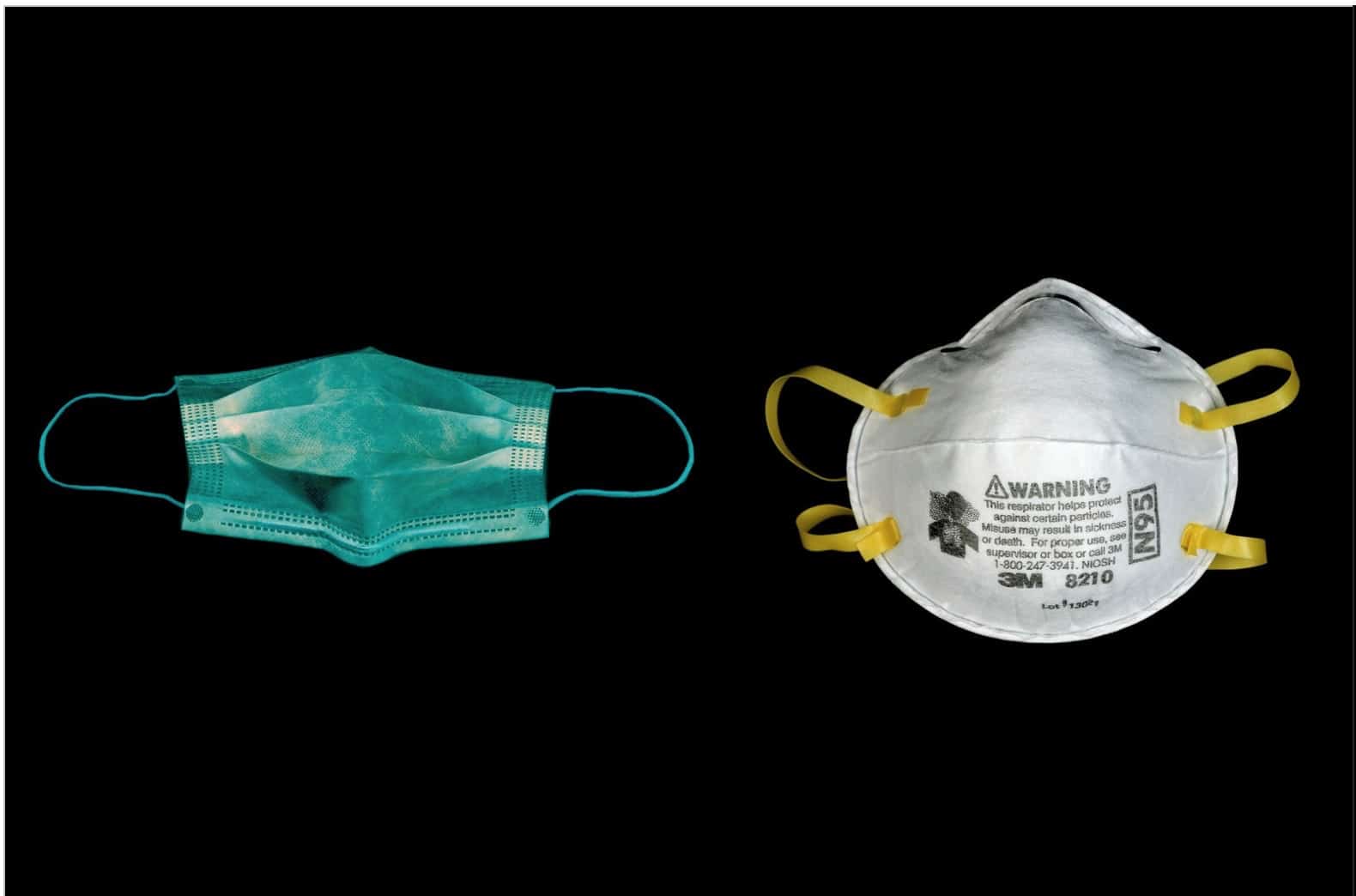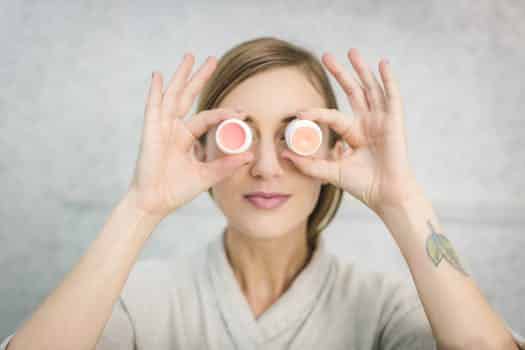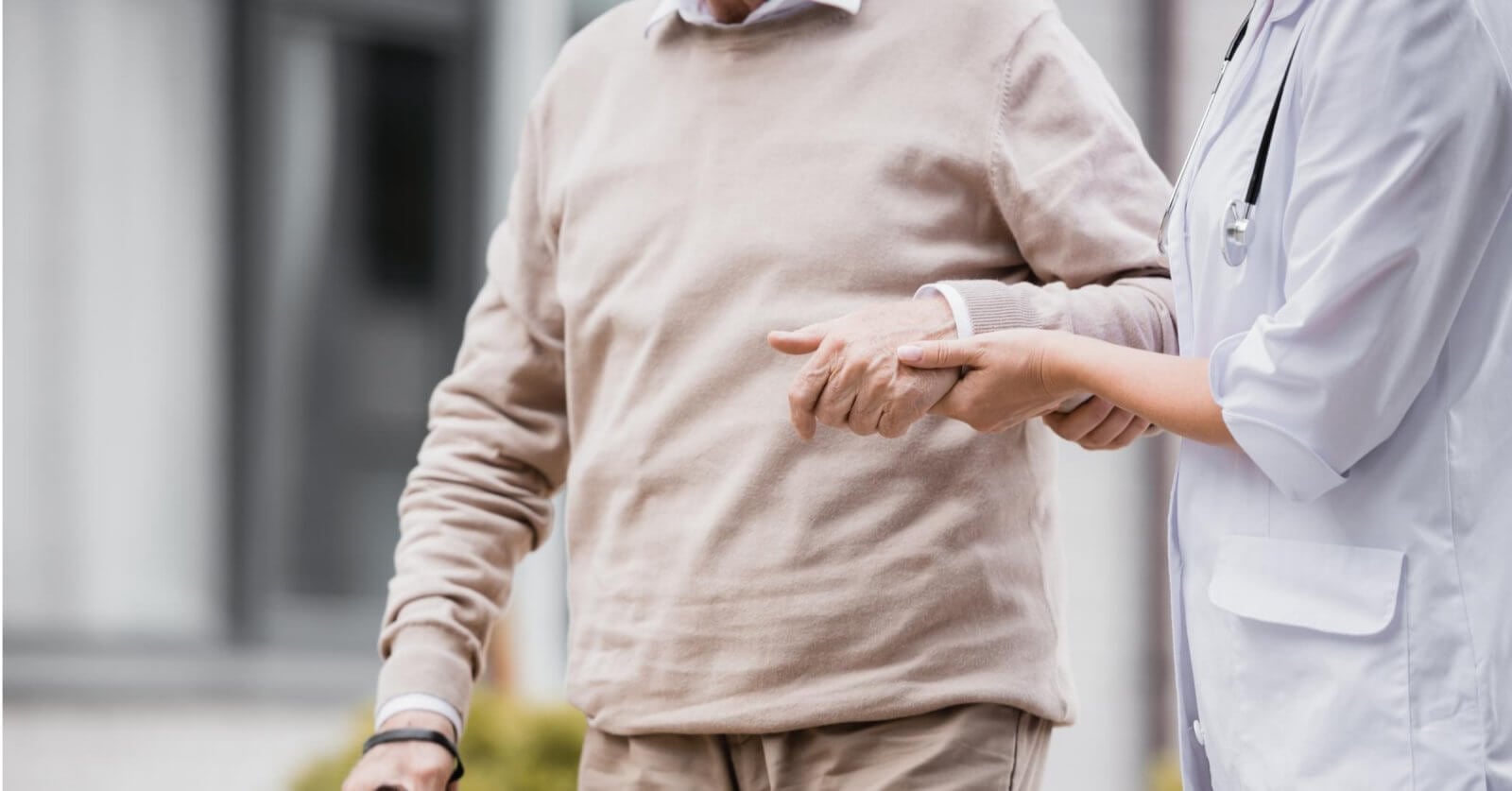Maskerade: Different Types of Protection Against the Coronavirus
With the Philippines being added to the list of countries with 2019-nCoV cases, you’ve probably felt a sense of fear, wanting to protect yourself and your loved ones from the virus. The good news is, there is one weapon we can use against the coronavirus—it comes in the form of respiratory protection or simply, masks.
The WHO or World Health Organization says that it is only necessary to wear a mask if you are a healthcare provider working with sick patients or if you are experiencing coughs or colds. If you are perfectly healthy, you need not panic and rush to your nearest drugstore to look for protection; it would be best to regularly clean your hands with soap, water, or alcohol-based solution. Although, if you still want an extra layer of protection, you can never be too careful.
The masks you nowadays see people wear in public places are different from the masks you see in your favorite K-Dramas. Unfortunately, these facial masks are for beauty purposes only and do no good to protect you from dust, pollution, or from cough or sneeze droplets. They do make your skin glow, though!
Surgical masks —the blue protective cover you see several people wear—are perhaps the cheapest, most accessible medical mask option. While these masks do have a functional filter and waterproof layer, there is no 100% assurance that they can provide complete protection from viruses. These are effective and advised for those with coughs and colds as they can block some droplets or liquids, but their relatively loose fit and uniform size cannot sufficiently protect the wearer from airborne particles.
Surgical masks (if the name does not make it obvious enough) are mainly meant for medical professionals’ protection during important procedures. Despite the minimal protection from viruses, however, the affordability of these masks has made them a popular option for the general public, especially those with sicknesses who want to protect others from contracting it. In that case, it is advised to just stay home instead to ensure that you recover properly.
Cloth masks have also been popular recently due to them being a more environmentally-friendly option and having a variety of designs. Regrettably, there is no evidence that they are any more effective against viruses. In fact, if not washed or disinfected properly after every use, they might even become the cause of your next cold.
© Science Photo Library/ Getty Images; South China Morning Post/Getty Images
An N95 respirator is considered to be more effective compared to the two other masks. These masks are sturdier and fit better compared to surgical and cloth masks; they also block small airborne particles, so these are recommended more than surgical masks by health officials. Some cons, though, are that they are more expensive and more uncomfortable. If not worn correctly, they can make the wearer’s face feel too hot or moist. Because they are tighter, it can also get more difficult to breathe if worn for too long. Despite these cons, if you are looking for the best option to wear at the moment, you cannot go wrong with an N95.
A general benefit of masks is they remind you to not touch your face, especially with unclean hands. After all, that is one of the main ways we can get ill. It is important to use your chosen type of mask properly. Disposing of single-use masks after a few hours use or thoroughly washing cloth masks are a must.
Whether you choose the most economical, environmentally-friendly, or effective mask, it is mainly necessary to wash your hands before putting the mask on and after removing and disposing of it properly. Read up extensively on the type, brand, and review of your chosen mask to find out the best way of handling your protective gear. Buying a mask is not enough—you still have to make sure you practice proper hygiene and are alert when you’re in large crowds. Keeping informed is the most important step, which you can easily do so by scanning various news outlets and medical advisories. It is important to remember not to panic. The thought of a virus spreading may be scary, but if you take the necessary steps to keep yourself one step ahead, you ultimately won’t need to worry as much.
References:
Dorking, Marie Claire. “Hong Kong Has Banned Face Masks – but Why Do People in the Region Wear Them?” Yahoo!, Yahoo!, 7 Oct. 2019, www.yahoo.com/lifestyle/hong-kong-has-banned-face-masks-but-why-do-people-in-the-region-wear-them-100822158.html.
Geggel, Laura. “Can Wearing a Face Mask Protect You from the New Coronavirus?” LiveScience, Future US, Inc., 1 Feb. 2020, www.livescience.com/face-mask-new-coronavirus.html.
Godoy, Maria. “Face Masks: What Doctors Say About Their Role In Containing Coronavirus.” NPR, NPR, 29 Jan. 2020, www.npr.org/sections/goatsandsoda/2020/01/29/800531753/face-masks-what-doctors-say-about-their-role-in-containing-coronavirus.
Ramos, Jansen. “5 Beauty Vlogger-Approved Sheet Masks and Proper Ways to Use Them.” GMA Network Portal –, 18 July 2019, www.gmanetwork.com/entertainment/celebritylife/beauty/52901/5-beauty-vlogger-approved-sheet-masks-and-proper-ways-to-use-them/story.













































